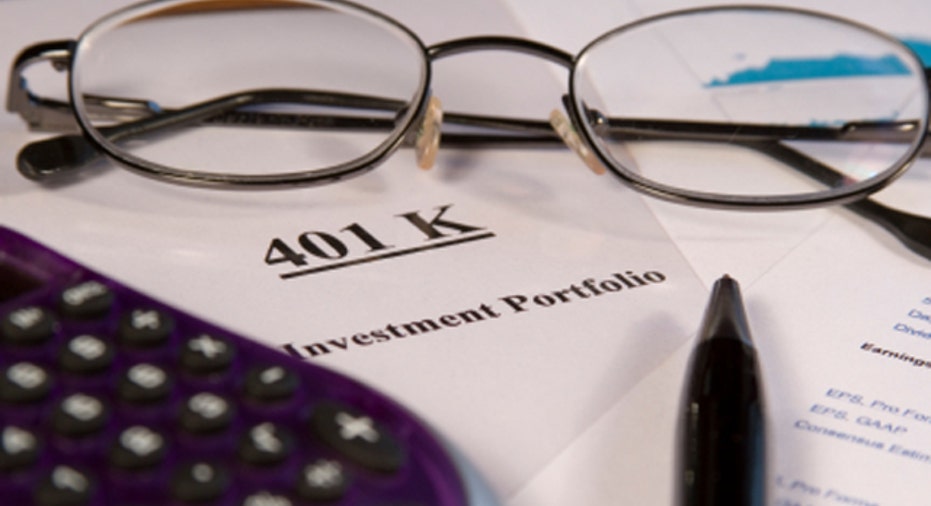How the Baby Boomer Retirement Wave Will Impact Wall Street

The retirement of the baby boomer generation has been long-expected to have a massive impact on the market, but experts may have underestimated just how much of an impacted it might have a new report shows.
This generation, ages 47 to 65, has the potential to further weaken an already shaky economy during their retirement years, pushing down equity values over the next 20 years, according to recent research from the San Francisco Federal Reserve Bank.
In the letter, "Boomer Retirement: Headwinds for U.S. Equity Markets?" Zheng Liu, research adviser, and Vice President of Economic Research Mark Spiegel wrote that boomers are likely to make a shift from buying stock to selling their equity holdings in order to finance their retirement. They are most likely to sell risky equities, and due to this shift and the size of the boomer generation, equity valuations are expected to remain low.
The report found that real stock prices are set to decline through 2021, nearly 13% lower than 2010 levels. These stocks will not return to their 2010 levels until 2027. This is according to Liu and Spiegel's model, drawn from historical patterns in the market. Stocks will then climb 20% from 2010 levels by 2030.
There is some hope, however, that the boomer equity selloff may be countered by demand for U.S. stock in countries like China. The letter claims this will be limited because other developed nations have populations that are aging more rapidly than the U.S. population and there is also evidence of "home bias" in equity holdings, meaning individual investors have more shares of domestic assets in their portfolios than non-domestic shares.



















